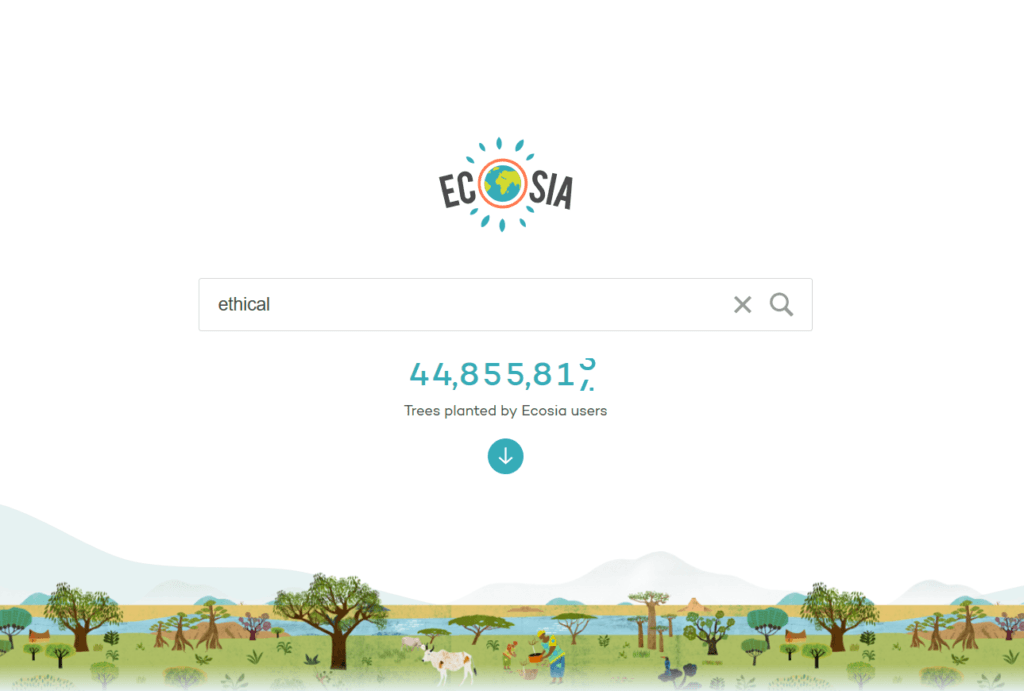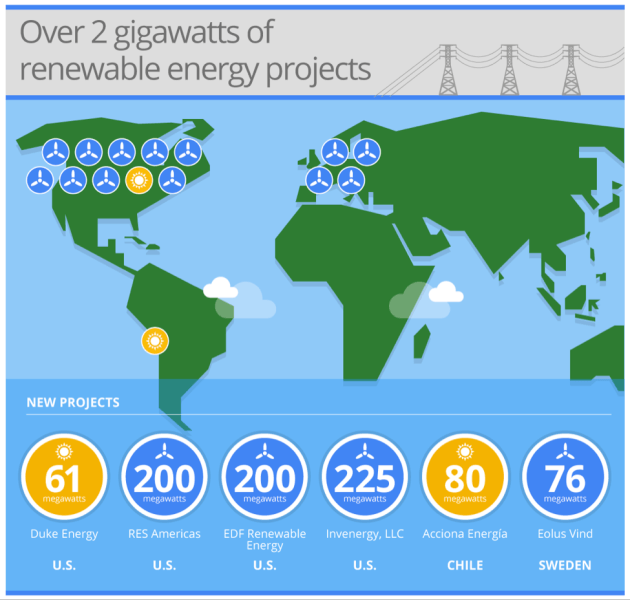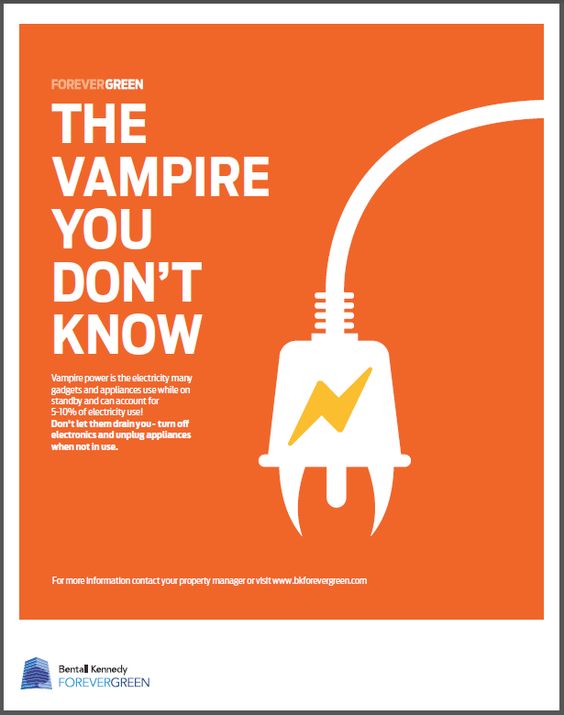If there is a time for positive change, look no further – it’s always now. Because there’s no better time than now to do something, but also because this world, on so many levels (you know, you’ve been there too) was seriously derailed in the past couple of years.
Chances are you are already struggling with small or large steps to make a difference in the world, to have a positive impact, minimize your carbon footprint, leave the air breathable, and the water drinkable for your kids and their kids. You probably cycle, volunteer, decided to run for office (yay!), sign petitions, enjoy the outdoors.
However, by the end of your life you would still have spent a few good years staring into a screen. Due to nature of work or for entertainment only, it’s gonna be years, trust me. Worry not though, you can make a difference even in front of a computer screen doing your daily searches.
I search, You search, We…

If you’re online, irrespective of the task, you’ll make at least one search during the course of a working day. Am I right? Searching the www is high in the charts when it comes to spending time online. I mean, we even search for search. Spelling. Our own names. We search for pretty much everything. Everything included. And there’s a carbon meter attached to this daily routine too, as with most activities that need a source of power.
You can imagine our excitement when we discovered that some of the minds behind several search engines do want to tackle the carbon problem. While DuckDuckGo is more into protecting your online privacy, Google promises to run on 100% renewable energy, and Ecosia plants trees every time you search the web. Online searches have been steadily growing into trillions since the dawn of the internet. The trend is on the rise and there are no signs of a slowdown.
Raising Awareness while Making Change Happen
No, you cannot literally plant trees by simply searching. At least not yet. But Ecosia is the search engine that plants trees with its ad revenue. It’s a great example of social change applied to the most common online activity.
You search the web with Ecosia > Search ads generate income for Ecosia > Ecosia uses this income to plant trees.
They’ve planted over 43 million trees so far. Here’s how they decide where to plant them. On their website you can find details about their projects, videos, stories, and useful info on why trees are essential to life – if you ever had any doubts. You don’t have to be a full-time treehugger to get excited when your search for ‘sugar free’ just planted a tree. I mean, even when their server is down, they’ll put some trees up.
Using Renewable Energy to Keep them Engines Running

In 2015, Google bought 44% of its power from wind and solar farms, according to The Guardian. And according to their sustainability page, they reached 100% renewable energy for their global operations in 2017, while, on average, a Google data center uses 50% less energy than a typical data center. It’s worth keeping an eye on them to see if they stick to their promises. That’s just in case you were feeling guilty for using Google.
The renewable trend would be very hard to stop, hence similar companies are joining this common-sense challenge along sustainability programs. For the sake of your own carbon footprint, do a quick search (ha!) to test your favourite search engine’s sustainability efforts.
Search Engines with Renewable Goals Only
If you want to find out more about clean energy, then you should know that there are search engines only for this. Take reegle. It acts as a unique clean energy information portal, targeting specific stakeholders including governments, project developers, businesses, financiers, NGOs, academia, international organizations, and civil society. Others, like Solar Search, specialize in searches related to mainly solar energies. Most likely you’ll come across some inspiring projects.
If you’re really committed to making a difference, don’t stop here, move beyond the search engine. See how clean your apps are. If you’re the techie-sustainable type and have ideas for a low carbon economy, take some time to put them into practice, pitch them, share them, spread the word. Go for it!
Switch it Off and Other Such Details

Saving energy at home and at work matters. Just as low energy consuming applications and power saving systems matter. And no, standby is not as friendly as you might think. The University of Cambridge, for instance, has its own green challenge in an attempt to prevent unnecessary energy use. They are committed to reducing carbon emissions energy-and-carbon, and they compiled Facts & Figures to help you find out how much energy you can save from simple actions such as switching off lights and equipment.
“Leaving a computer on overnight for a year creates enough CO2 to fill a double-decker bus.” (Carbon Trust)
“Reducing your PC monitor brightness from 100% to 70% can save up to 20% of the energy the energy the monitor uses.” (Harvard)
A true activist should consider all his actions, and change or adapt as many of his habits as possible, including his virtual ones. Your virtual life has an impact in real life. And not necessarily yours.
More Than Clean Searches
This article does not enourage online activism only. Don’t forget to increase the efficacy of your offline activism too. These days online and offline have to come together. Entangling your daily virtual existence with meaningful clicks does sound like a powerful tool, a quiet form of activism pushing change in the most unexpected places. Direct action, changing your daily routine, less waste, more awareness in your life, every bit will make a difference in the big scheme of life.
You might not save the world with this, but you’ve certainly made a step in the right direction. Leave the right footprints.



Leave a Reply